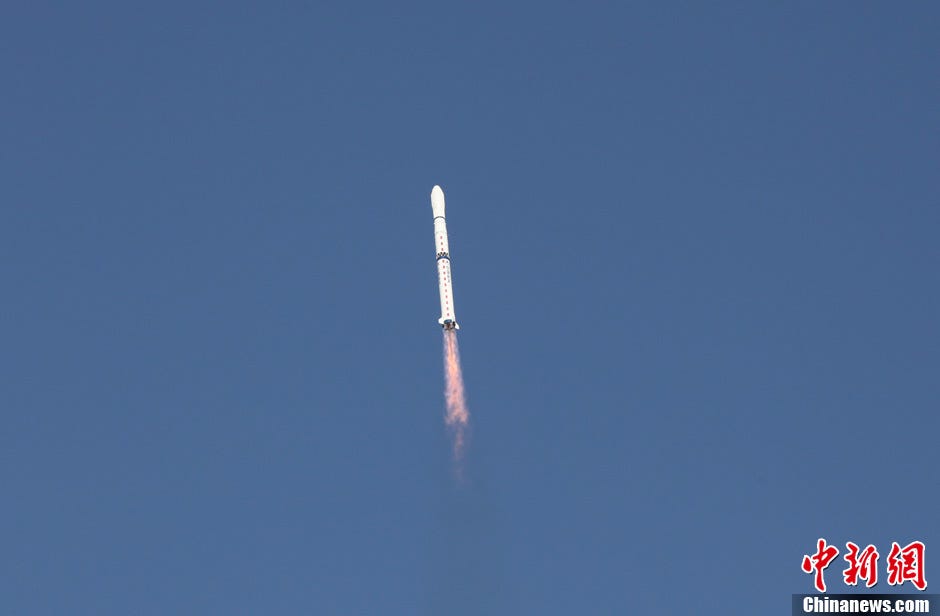From the Department of Miscellaneous and Sundry (and saved for a rainy, er snowy day when a blog topic didn't jump out at me) ...
 |
| Home, cluttered home |
Geologists, biologists, and others divide Earth's long history -- about 4.5 billion years -- into ages, epochs, and periods. Each marks a major shift in the nature of the planet. We humans, despite our grand airs ("homo sapiens sapiens ... twice wise? really?) are newcomers. Still, we
are remodeling the place. And so, some scientists wonder: "
Are we there yet? Scientists prepare for change of epoch."
What do you think? Has the Anthropocene epoch begun?
In a related vein, "
Nation’s Historians Warn The Past Is Expanding At Alarming Rate."
The simple fact is, stuff changes. Aviation will, too. Apart from cramming more passengers into ever less space, no trend seems certain, but you may still find interesting "
What Commercial Aircraft Will Look Like in 2050."
 |
| Peekaboo ... |
Turning to an emerging class of aircraft that's already impacting us, one wonders: "
Can We Detect Small Drones Like the One That Crashed at White House? Yes, We Can."
(It's not only drones that may reveal more about you than you might care to have disclosed. See, "
Just four credit card clues can identify anyone.")
Raising our eyes a bit higher than aviation, "
A mysterious Russian space object could be the return of the ‘satellite killer.’ "
 |
| Chinese ASAT? |
... every expert interviewed agreed that such satellites, which the Chinese
use as well, may be the latest chapter in the militarization of space —
first conceived as something akin to science fiction that has now
evolved into subtler cyberwarfare, hinging on debilitating vital
satellite systems. Virtually every modern technology — cellphones, map
services, television shows and any number of communication services —
hinges on satellites. Targeting them could cripple a nation’s abilities
to conduct its military or shut down crucial global communication
services.
What else is going on with the sky and the scientific community? Well (at least as the Onion would have it), "
Astronomers Celebrate 300th Anniversary Of Discovering Sky."


































No comments:
Post a Comment